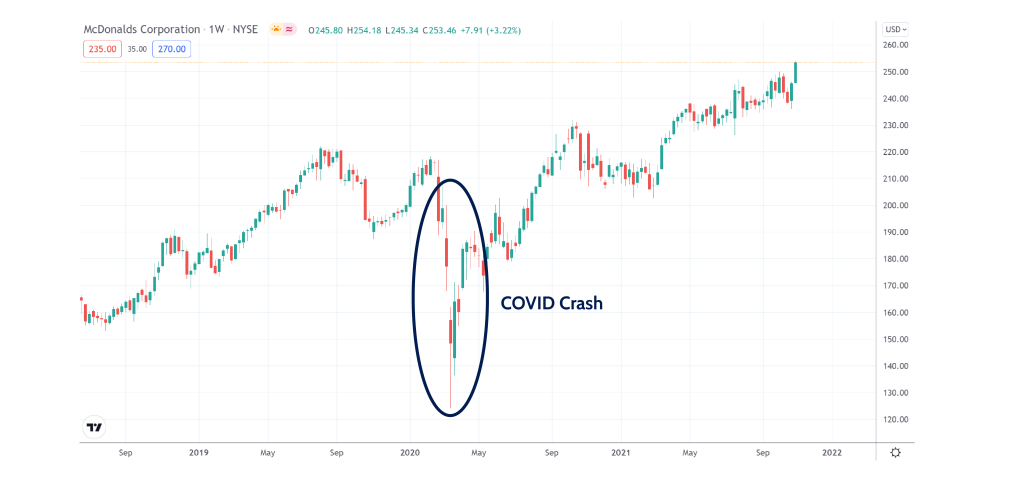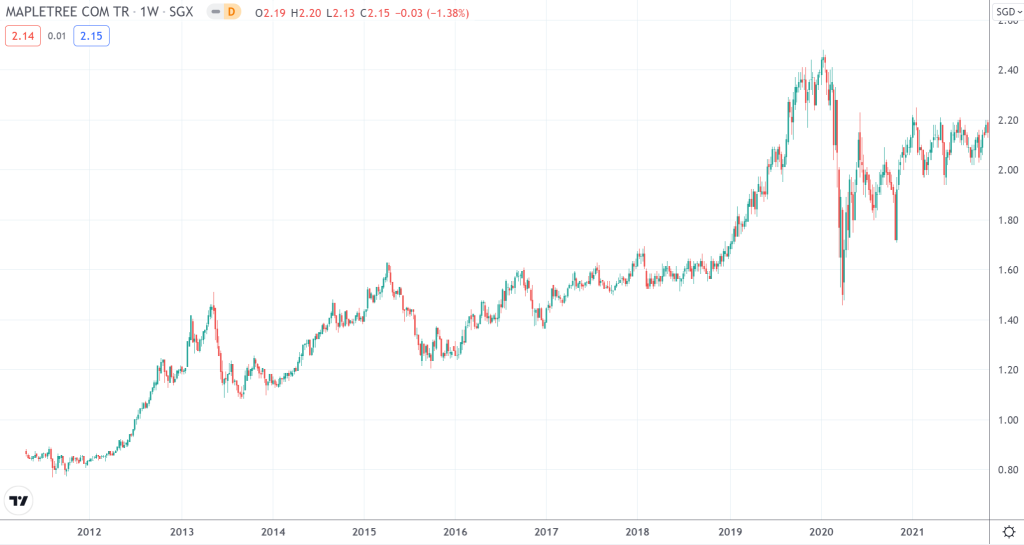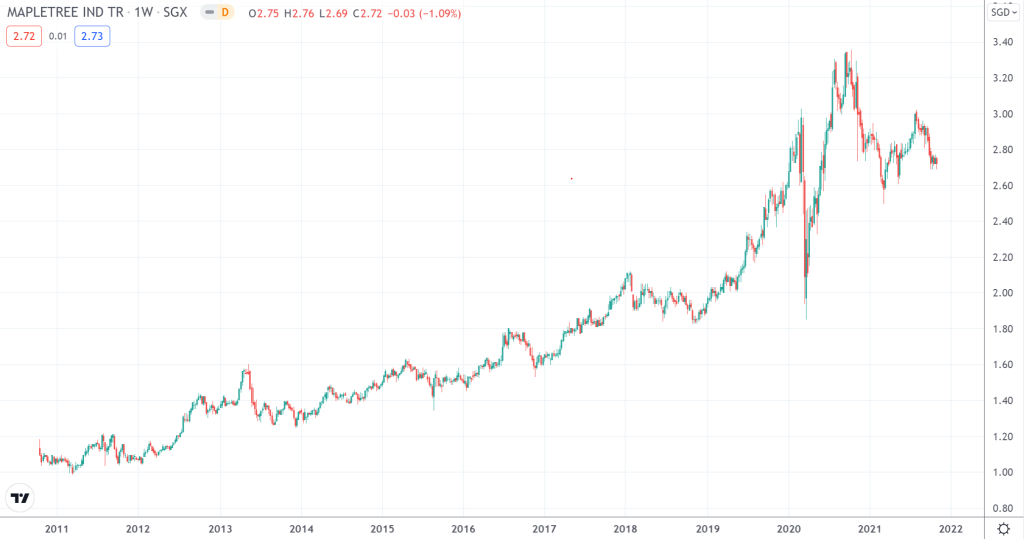It depends on your investment objective.
It is the same thing as you buying a property and are you looking at rental yield or capital appreciation? Both make you money but it is about what you want to focus more on.
But you must know what you are in for. If you are looking for dividends for example, then Singapore REITS usually produce a yield of 4-5% which is reasonably achievable. The question is, is this what you are looking for? If you have $100k capital today, a 5% yield is only giving you $5k worth of dividends, disregarding any change in the share prices. Is this amount meaningful to you or is it good enough to start with?
For retirees who may have a sizable amount of assets say $2 million, a 5% yield will mean $80k of passive income a year. We can say that is a purposeful amount to the majority of the people. But with anything less than a million dollars, the passive income generated from dividend stocks often may not allow you to get by. It’s good extra money to have, but you probably ain’t able to quit your job and just rely on that stream of dividends.
One of the biggest misconceptions retail investors have is that dividend stocks are less risky and safer than growth stocks. How risky a dividend stock is depends on its nature of business or what happens in the market. During the market fallout of COVID-19, all stocks are not spared from the indiscriminate selling, including dividend stocks. Or the best in breed, called dividend aristocrats, which are companies in the S&P 500 index that have paid and increased its base dividend every year for at least 25 consecutive years. Some of these dividend aristocrats include Pepsi, Johnson and Johnson, McDonald’s and Lowe’s. There is no doubt about it that these companies are supposedly recession proof and we need to use their products during good or bad times. But take a look at their charts during the COVID crash.


Stock charts of Johnson & Johnson and McDonalds
Just because a company produces dividends, or even the ones that have the best growing ones, doesn’t mean that they are a very safe bet. They may retrace less during crashes, go up a little more when they recover, but looking at the bigger picture, to say that dividend stocks are ‘safe’ is an overstatement.
Some may also argue, while the capital losses may happen, the dividends are reliable at least for the dividend stocks. We cannot be more wrong about this. During the COVID crash, Singapore REITS have either deferred or reduced the dividend payout to get through the crisis. For some retired Singapore investors who rely purely on the Singapore REITS for their income, it cannot be worse for them when they need it the most.
Dividend stocks should be measured by total returns including its capital gain or capital loss, and not just the dividends it pays out. A high dividend yield may not always be a good thing as the company is returning a large part of the profits to its investors rather than growing the company.
On the other hand, if you are picking growth stocks, of course by that I mean assuming you picked the right growth stocks that are sound, you allow capital appreciation to take place over time which in most cases, being growth stock, the upside is way lot more which is more than enough to compensate the regular dividends not being received. Growth stocks being growth stocks, are companies where their expected earnings are likely to grow at a much higher rate than the average ones and the profits of the companies are plough back to the business operations usually or reinvested to make them grow even stronger.
The tricky or interesting part is growth stocks can also give dividends, and dividend stocks itself can grow in their share price as well. While there are exceptions that dividend stocks may have good capital appreciation over time like for example our very own Mapletree Commercial Trust or Mapletree Industrial Trust in Singapore, the purpose of this discussion we can just assume it is on either end of the spectrum.


Stock charts of Mapletree Commercial Trust and Mapletree Industrial Trust
Generally for us The Joyful Investors, we mostly prefer to go for growth stocks as we believe we have a pretty long runway ahead and for its better upside. However, we may deploy part of our war chest, which is our cash on the sidelines, to be invested in dividend stocks like REITS while waiting for better opportunities, and earn dividends along the way. It does not matter if the share price may stay stagnant. Yet when we do so, almost all the time, we find ourselves getting much more from the capital gains as opposed to the dividends collected. This is due to us identifying appropriate entry points to these stocks and we buy them due to their potential as a growth stock as well.
–
Are you new to investing or have you been grappling with some unanswered questions in your investing journey? Send your burning questions to us at Ask Me Anything with TJI here.



